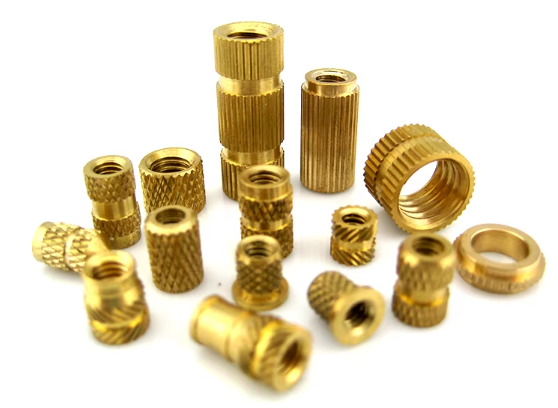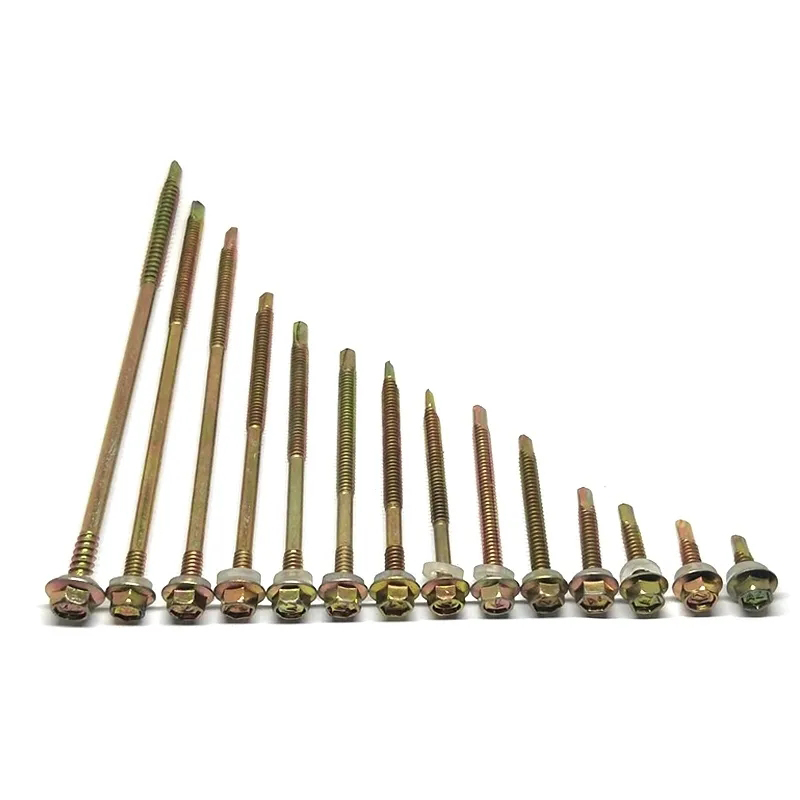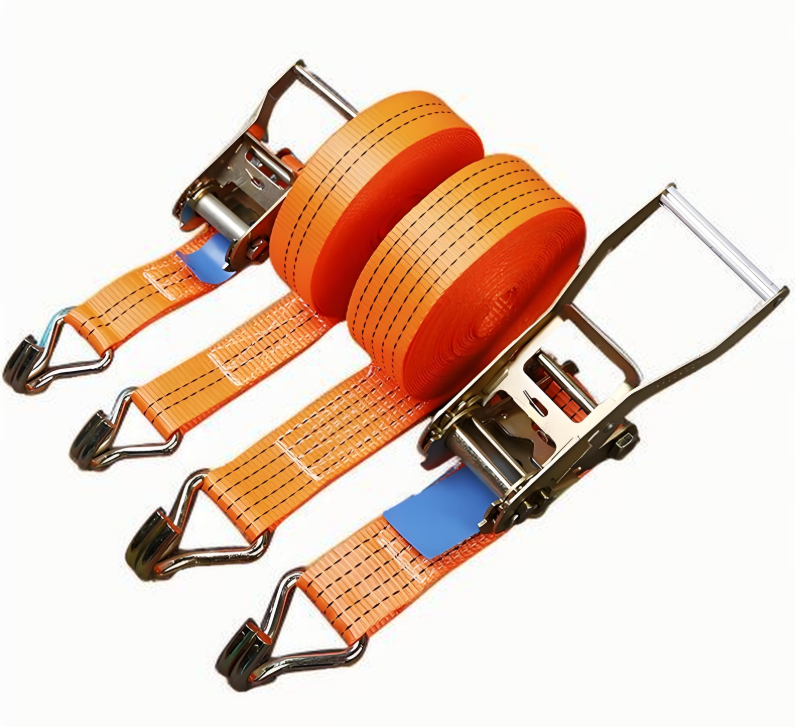

This guide provides a detailed overview of hex head shoulder bolt manufacturers, covering key factors to consider when sourcing these crucial fasteners. We explore different materials, specifications, applications, and quality control measures, helping you make informed decisions for your projects. Learn about the various types of hex head shoulder bolts available and how to find a reliable supplier.
Hex head shoulder bolts are a type of fastener characterized by a hexagonal head and a cylindrical shoulder. The shoulder provides a bearing surface, preventing the bolt from sinking into the material. They are commonly used in applications where a precise and secure fastening is required, offering superior strength and durability compared to other bolt types. The hex head allows for easy tightening and loosening using a wrench.
Hex head shoulder bolts are manufactured from a variety of materials, each offering unique properties:
Selecting the right manufacturer is critical for ensuring quality and reliability. Key factors to consider include:
Numerous resources can help you find reliable hex head shoulder bolt manufacturers. Online directories, industry trade shows, and referrals from other businesses can all be valuable.
For high-quality hex head shoulder bolts and exceptional customer service, consider Hebei Dewell Metal Products Co., LTD. They are a leading manufacturer with a proven track record of excellence.
Hex head shoulder bolts find wide application in various industries, including:
Hex head shoulder bolts are available in a wide range of sizes, lengths, and materials. Understanding the specifications and relevant standards, such as those defined by ANSI, ISO, and DIN, is crucial for selecting the right fasteners for your application. These standards define dimensions, tolerances, and material properties.
Quality control is paramount in the manufacturing of hex head shoulder bolts. Reputable manufacturers employ various testing methods to ensure that the final products meet the required specifications and quality standards. These tests often include tensile strength testing, hardness testing, and visual inspection.
| Material | Tensile Strength (MPa) | Corrosion Resistance |
|---|---|---|
| Stainless Steel 304 | 520-690 | Excellent |
| Carbon Steel (Zinc-plated) | 400-600 | Good |
| Alloy Steel | 800-1200 | Moderate |
Note: Tensile strength values are approximate and may vary depending on the specific grade and manufacturer.












